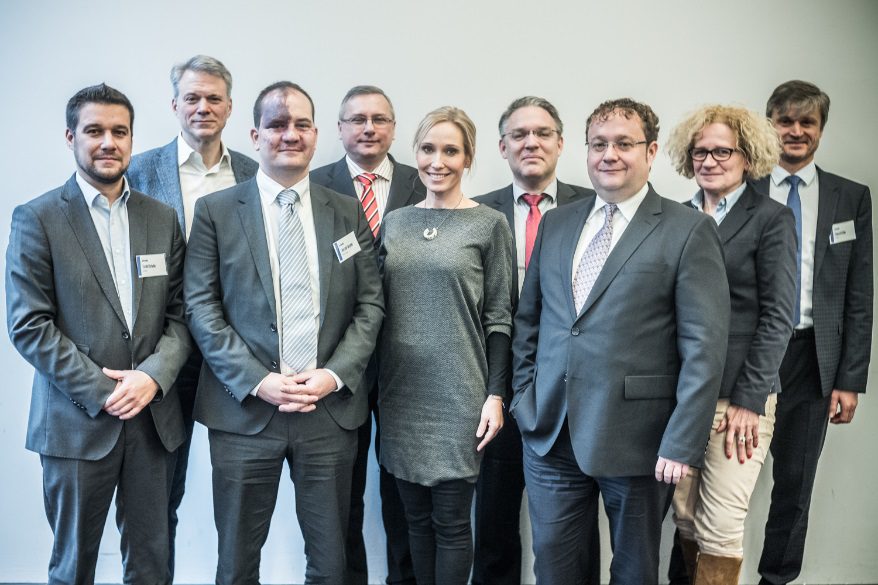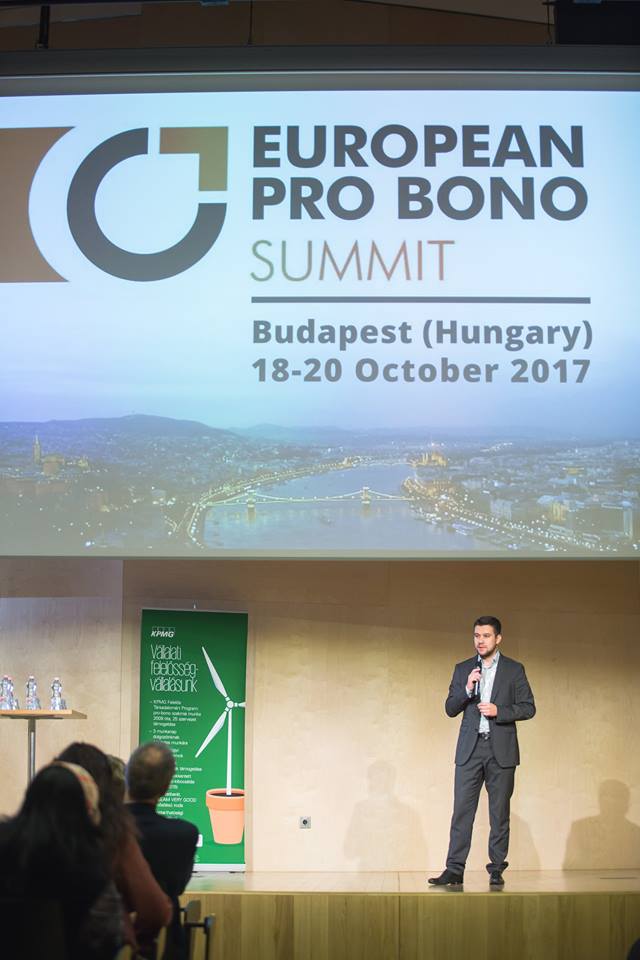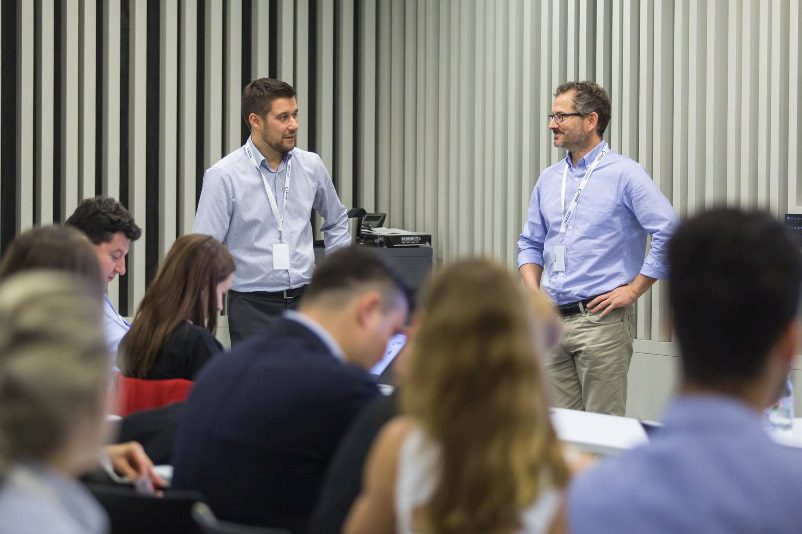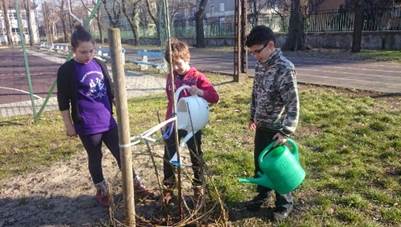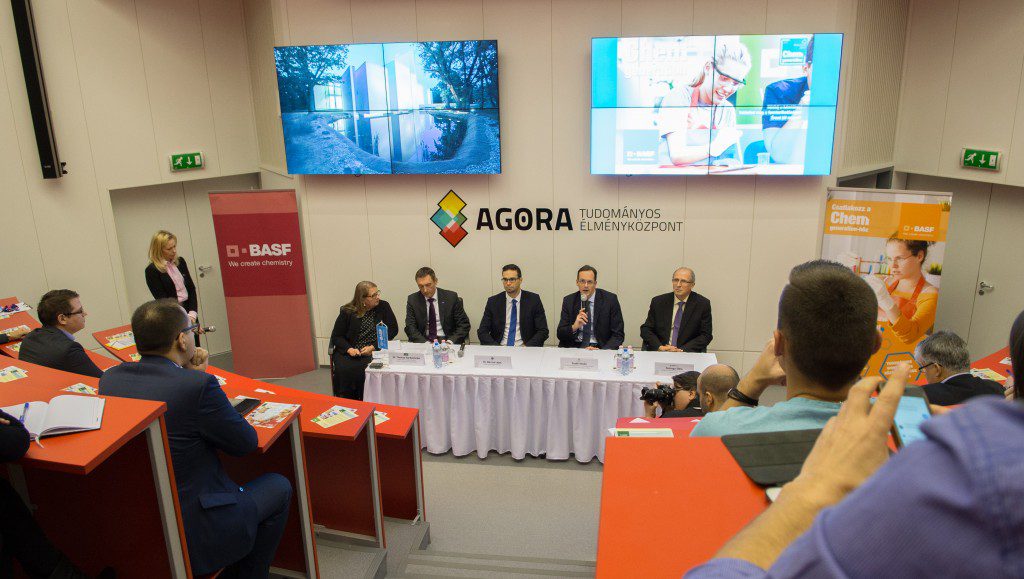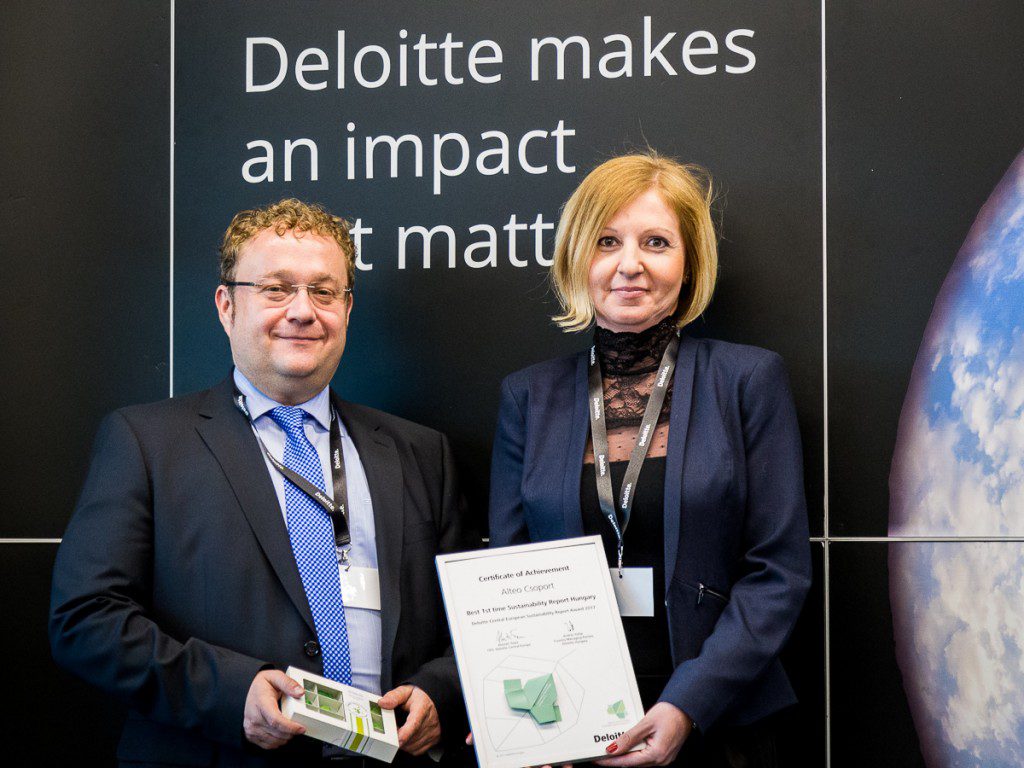Science program will be organized in partnership with Agóra Science Center and intended for high-school students
Program will be named BASF Chemgeneration and it will last throughout the whole school year
The aim of the program is to educate high-school students on the importance of chemistry as a science in creating a sustainable future for mankind and is a part of the wider project comprising 11 countries of Central and Southern Europe. BASF will execute the program in partnership with a network of the most prestigious scientific and educational institutions Europe-wide including Agóra Science Center, Debrecen.

“We developed the BASF Chemgeneration Science Program to educate high-school students on the importance of nature for the future of the whole mankind. We would like to support the shift from a linear to a circular economy and show that the way we live now, for example disposing all the things after their usage, is not the best for our water, forest, air and food we consume. We believe that this change has to take place with the young generation, as they are our future”, Dr. Thomas Narbeshuber explained the importance of this science program.

BASF Chemgeneration Science Program consists of a set of interactive chemistry workshops during which students will get the opportunity to carry out experiments and solve some of the problems of contemporary society. The students will on the spot recycle paper, create the systems which can filter dirty water, conduct electrolysis of metal and prove there are types of plastic that can be decomposed in just a few weeks.
The workshops will last 90 minutes during which students will carry out real chemical experiments with the assistance of a moderator.

About BASF Chemgeneration Science Program
BASF Chemgeneration is an interactive science program designed with a view to popularize science, encounter students from 14 to 18 years of age with a fun side of chemistry helping them understand how natural sciences can help in creation of a sustainable future. It started in 2011 as an educational web portal only to become a more complex science program.
Through this program students will participate in interactive experiments, grasp how science solves everyday problems and the role of chemistry in preserving planet. High-school students will see how chemistry functions out of the classroom, which will trigger their creativity and reveal hidden talents for science.
Chemgeneration program is aimed at all students, not just those excelling at chemistry or being particularly interested in natural sciences. Program can be attended by all high schools, irrelevant of whether they offer general education or focus on natural sciences.
Chemgeneration Science Program is run by the leading chemical company BASF in partnership with the most prestigious universities and scientific institutions in Central Europe.
